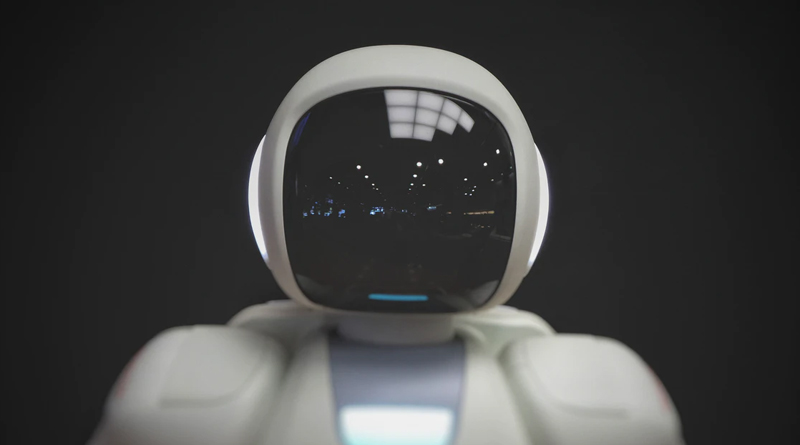
There are plenty of AI in movies, and as cinema has grown and changed, their place has moved even outside the realm of sci-fi. Plenty of straight-up action movies and even dramas now include AI as a key part of the plot. But one part of AI you may not have considered is emotion. In today’s world, people debate as to whether an AI even could have emotion. How do filmmakers interpret those real-life concepts into their own AI in movies?
Emotionless AI
When it comes to AI that don’t seem to show emotion at all, you’ll notice that a surprising number actually end up being evil. In fact, many of them, like the iconic HAL 9000 and VIKI, are evil specifically because they lack the emotional desire to use their intelligence for good.
● Maria’s Double – Metropolis
● Gort – The Day the Earth Stood Still
● HAL 9000 – 2001: A Space Odyssey
● Skynet – The Terminator
● Agents – The Matrix
● VIKI – I, Robot
On the other side, there are very few emotionless and good AI. Even in this very short list, both Data and Robocop have characters that form a narrative desire to create emotion within them, or to explain how they can be good without having emotion.
● Data – Star Trek
● Robot – Robot & Frank
● Robocop – Robocop
Though less common than evil emotionless AI, there are still a few emotionless neutral AI. For the most part, these AI have less autonomy than either evil or good emotionless AI — the Spider Robots and Droids, for example, are basically just doing a task set out for them, whether for good or evil.
● MU-TH-UR 6000 – Alien
● Spider Robots – Minority Report
● AUTO – Wall-E
● Droids – Elysium
Emotional AI
On the other side of the spectrum rest AI that do showcase emotion. In the reverse of the tropes of emotionless AI, it’s easy to see that there are, in fact, very few emotional and evil AI. Characters like the Replicants and Ava are in many ways not even trying to be evil, showcasing the way emotions change their characters.
● Replicants – Blade Runner
● Evil Bill and Ted – Bill & Ted’s Bogus Journey
● Ava – Ex Machina
On the other side of the spectrum rest AI that do showcase emotion. In the reverse of the tropes of emotionless AI, it’s easy to see that there are, in fact, very few emotional and evil AI. Characters like the Replicants and Ava are in many ways not even trying to be evil, showcasing the way emotions change their characters.
● Replicants – Blade Runner
● Evil Bill and Ted – Bill & Ted’s Bogus Journey
● Ava – Ex Machin.
Of course, good AI make up most of the AI that showcase emotions. From the childlike wonder that Max shows to the quirky and charming traits of Marvin the Paranoid Android, these AI encapsulate a piece of humanity while also incorporating nonhuman abilities.
● R2-D2 – Star Wars
● Marvin the Paranoid Android – Hitchhiker’s Guide to the Galaxy
● KITT – Knight Rider
● Johnny 5 – Short Circuit
● Bishop – Aliens
● Max – Flight of the Navigator
● TARS – Interstellar
● Chappie – Chappie
Despite the proclivity of good emotional AI, there are still a few neutral AI that show emotion. For the most part, these characters are complicated and have many of their own desires and preferences, making them sometimes even more human-like than their good counterparts.
● Bender – Futurama
● David – AI
● Connecticut Housewives – Stepford Wives
● Samantha – Her
Conclusion
Right now, there’s no such thing as fully-formed AI in the real world. But filmmakers and story writers still imagine a world in which there are fully-formed AI, for better or for worse. Whether these AI have emotions or not, they still create a rich world that teleports you to somewhere that you’ve never really considered before. In the end, that’s the point of every story.


